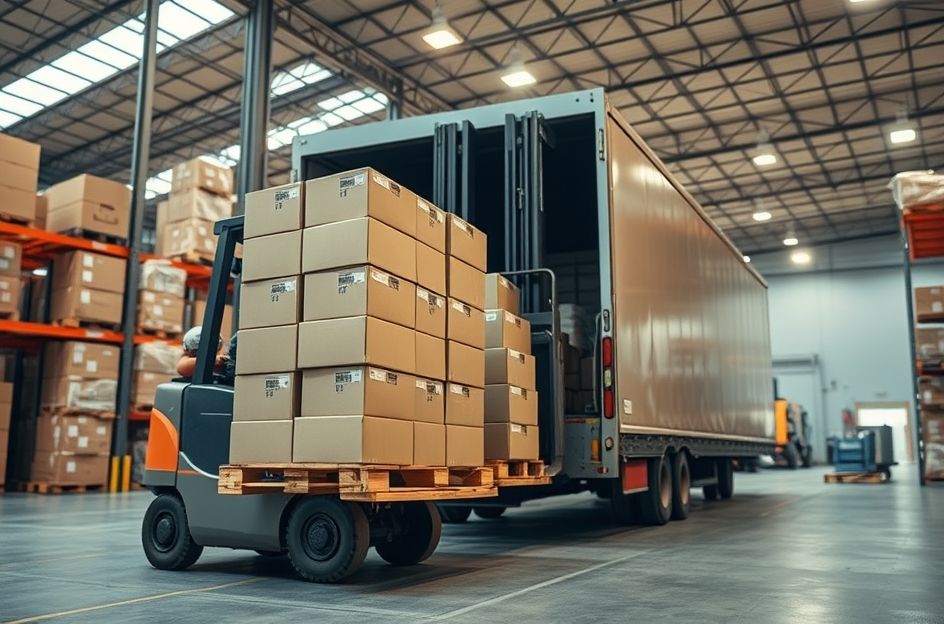Pallets are ubiquitous in the world of shipping and logistics. Open the back of nearly any delivery truck being unloaded, and you’re likely to see them. While most pallets are made of wood, options also include plastic, paper, and even metal. A pallet is essentially a flat transport structure designed to support goods while being lifted by a forklift or pallet jack. The goods are placed on the pallet and then secured, typically with straps or shrink wrap, for safe transit.
The most economical pallets are constructed from softwood and are often considered disposable, meant for a single trip. Hardwood and plastic pallets, on the other hand, are more durable and designed for repeated use. Some companies may even repurpose older wooden pallets, donating them for firewood. Paper pallets, while lightweight and ideal for businesses prioritizing recycling, are best suited for lighter loads.
Warehouses and factories are the most common environments for pallet use, facilitating the loading and unloading of delivery trucks. Pallets enable the efficient movement of merchandise, and their durability is crucial when handling large quantities of goods. The higher the value of the items being shipped, the more important a reliable mode of transportation like palletized shipping becomes.
Beyond efficient shipment, pallets save considerable time. Imagine a retailer receiving 250 boxes of a single product. A forklift can unload the entire pallet at once, significantly reducing labor compared to manually carrying each box individually. Pallets allow for quick and easy distribution of goods within a store or warehouse, making them indispensable for retailers and manufacturers dealing with substantial volumes.
Virtually all businesses, from large retail chains to small boutiques, benefit from using pallets. They streamline operations both in-house and in warehouse settings. Even automobile manufacturers rely on pallets to transport spare parts and manage deliveries from suppliers.
A key advantage of pallets is their versatility in handling. Forklifts provide efficient movement for heavy loads, while pallet jacks offer a more economical option. This accessibility ensures that businesses of all sizes, from large corporations to start-ups, can leverage the benefits of palletized shipping.
